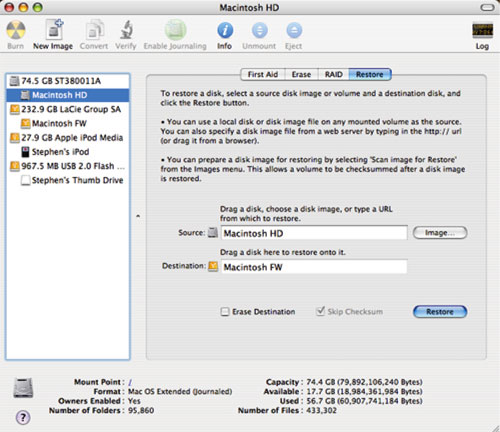

Note the use of quotes instead of angled brackets. It depends on your compiler, but odds are the simplest method of installation is to:Ĭopy cs50.c and cs50.h into the same directory as your own code.Īfter installing the CS50 Library, you can include its header file atop your own code with: #include "cs50.h" Open Applications > Utilities > Terminal, and navigate your way to the CS50 Library’s directory, as with cd.Įxecute the commands below, entering your password if prompted: gcc -c -ggdb -std=c99 cs50.c -o cs50.o

Gerrit encourages a more centralized use of Git by allowing all authorized users to submit changes, which are automatically merged if they pass code review. Gerrit is a web-based code review system for projects that use Git. Then install the CS50 Library as follows: yum -y install gcc // Fedora, RedHat, CentOSĪpt-get install gcc // Debian, Ubuntu, Mintįor those lucky fellows running Linux, there's this reddit explaining how to make Linux Mint "CS50 compatible" (i.e.: installing clang, check50, and cs50 libraries for Python, Ruby and PHP) To download and install the Repo Launcher from git-repo- downloads, see Installing Repo. When prompted for the Repository URL, select clone from GitHub, then press Enter.

At the command palette prompt, enter gitcl, select the Git: Clone command, then select Clone from GitHub and press Enter. Once we have accepted the assignment on GitHub classroom and have access to the repository, we can clone it in Codio, allowing us to access any starter. Sudo -s // Debian, Ubuntu, Mint //edited from sudo su -, use sudo -s on Ubuntu. Open the command palette with the key combination of Ctrl + Shift + P. Here are the instructions for installing CS50 library in your OS:įirst become root, as with: su - // Fedora, RedHat, CentOS


 0 kommentar(er)
0 kommentar(er)
